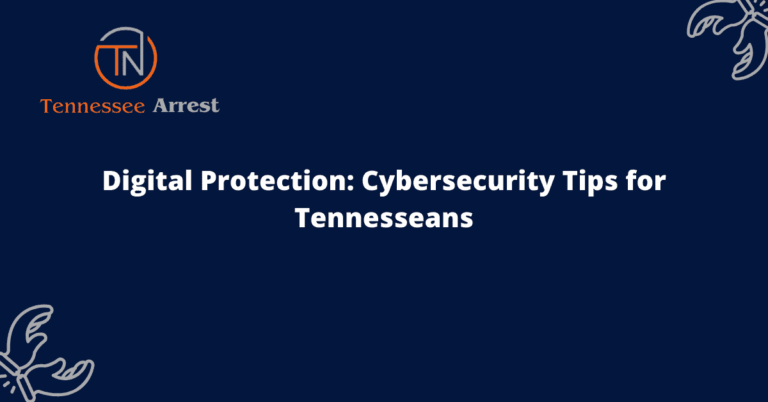Community Policing in Action: Tennessee Law Enforcement
Community policing is a proactive approach to law enforcement that focuses on building strong relationships between law enforcement officers and the communities they serve. By working together, law enforcement agencies and community members can create safer and more vibrant neighborhoods. In Tennessee, law enforcement agencies have embraced the principles of community policing and are actively engaging with residents to address local crime and safety concerns.
Understanding Community Policing
Community policing is a proactive approach to law enforcement that focuses on building strong relationships between law enforcement officers and the communities they serve. This approach recognizes that effective crime prevention and control are achieved through collaboration and partnership between law enforcement agencies and community members.
The Importance of Collaboration
One of the key principles of community policing is collaboration. Law enforcement agencies actively engage with residents to address local crime and safety concerns. By working together, law enforcement officers and community members can identify and prioritize issues, develop strategies, and implement solutions that are tailored to the specific needs of the community.
Creating Safer Neighborhoods
Community policing aims to create safer and more vibrant neighborhoods. By establishing trust and open lines of communication between law enforcement officers and community members, residents feel more comfortable reporting crimes and providing valuable information that can assist in investigations. This increased cooperation and collaboration contribute to a safer environment for everyone.
Building Trust and Confidence
Building trust and confidence between law enforcement officers and the community is a fundamental aspect of community policing. Through consistent and positive interactions, officers can gain the trust of residents, who are more likely to cooperate and assist with law enforcement efforts. This trust and confidence also lead to increased satisfaction with police services and a stronger sense of security among community members.
Problem-Solving Approach
Community policing takes a problem-solving approach to crime and safety issues. Law enforcement agencies work with community members to identify the root causes of problems and develop strategies to address them effectively. By analyzing crime data, gathering community input, and implementing targeted interventions, community policing aims to prevent and reduce crime in a sustainable manner.
FAQs
What is community policing?
Community policing is a proactive approach to law enforcement that focuses on building strong relationships between police officers and the communities they serve. It involves collaboration, problem-solving, and crime prevention strategies.
How does community policing work?
Community policing works by involving community members in the decision-making process, establishing trust and cooperation between law enforcement and the community. It aims to address the root causes of crime and develop long-term solutions.
What are the benefits of community policing?
Community policing has numerous benefits, such as improved community relationships, increased trust in law enforcement, reduced crime rates, enhanced public safety, and a sense of ownership and responsibility among community members.
What initiatives are part of community policing?
Community policing initiatives include neighborhood watch programs, community outreach events, crime prevention education, problem-oriented policing, community meetings, and collaborative partnerships between law enforcement agencies and community organizations.
How does Tennessee law enforcement implement community policing?
Tennessee law enforcement agencies implement community policing by actively engaging with local communities, organizing community events, conducting regular patrols, establishing partnerships with community organizations, and implementing crime prevention programs targeted towards specific community needs.
What role do citizens play in community policing?
Citizens play a crucial role in community policing by actively participating in crime prevention efforts, reporting suspicious activities, volunteering in community programs, providing feedback to law enforcement, and serving as a bridge between law enforcement and the community.







